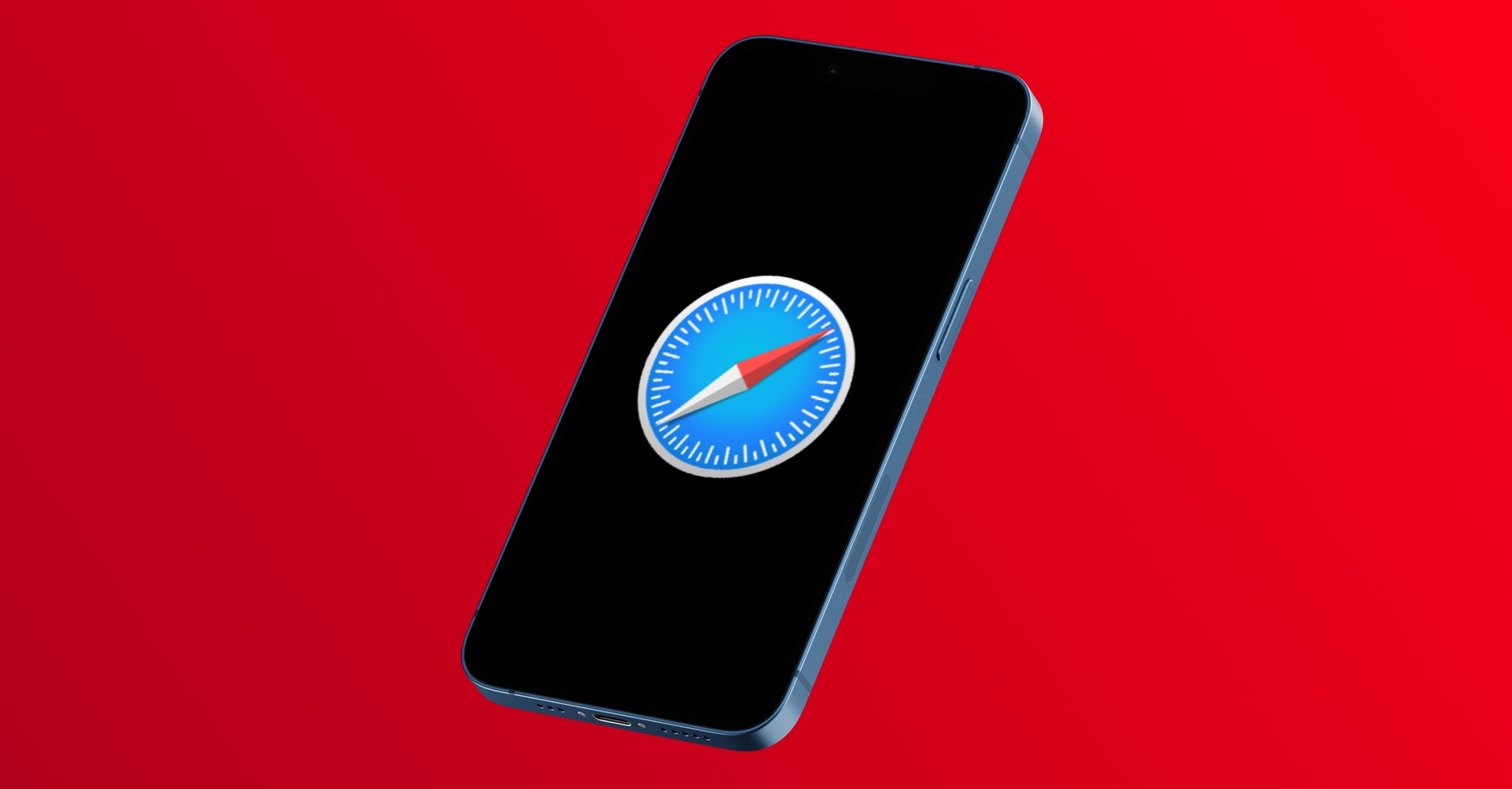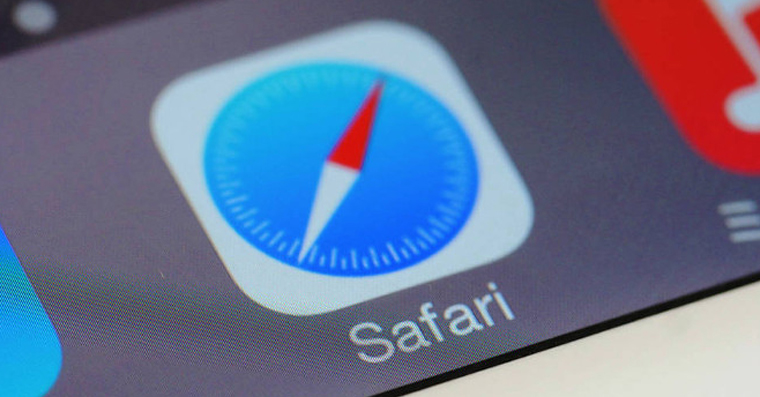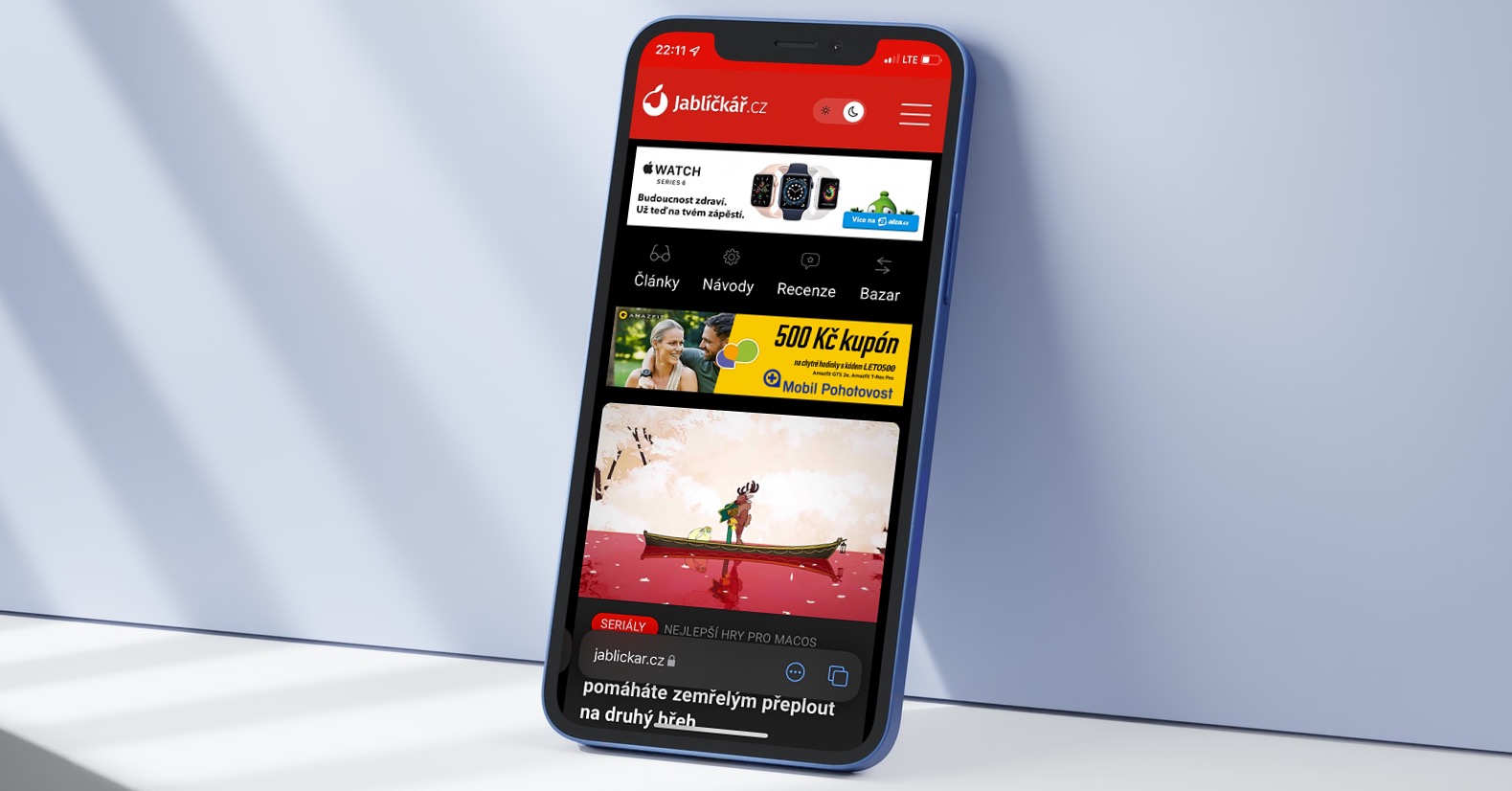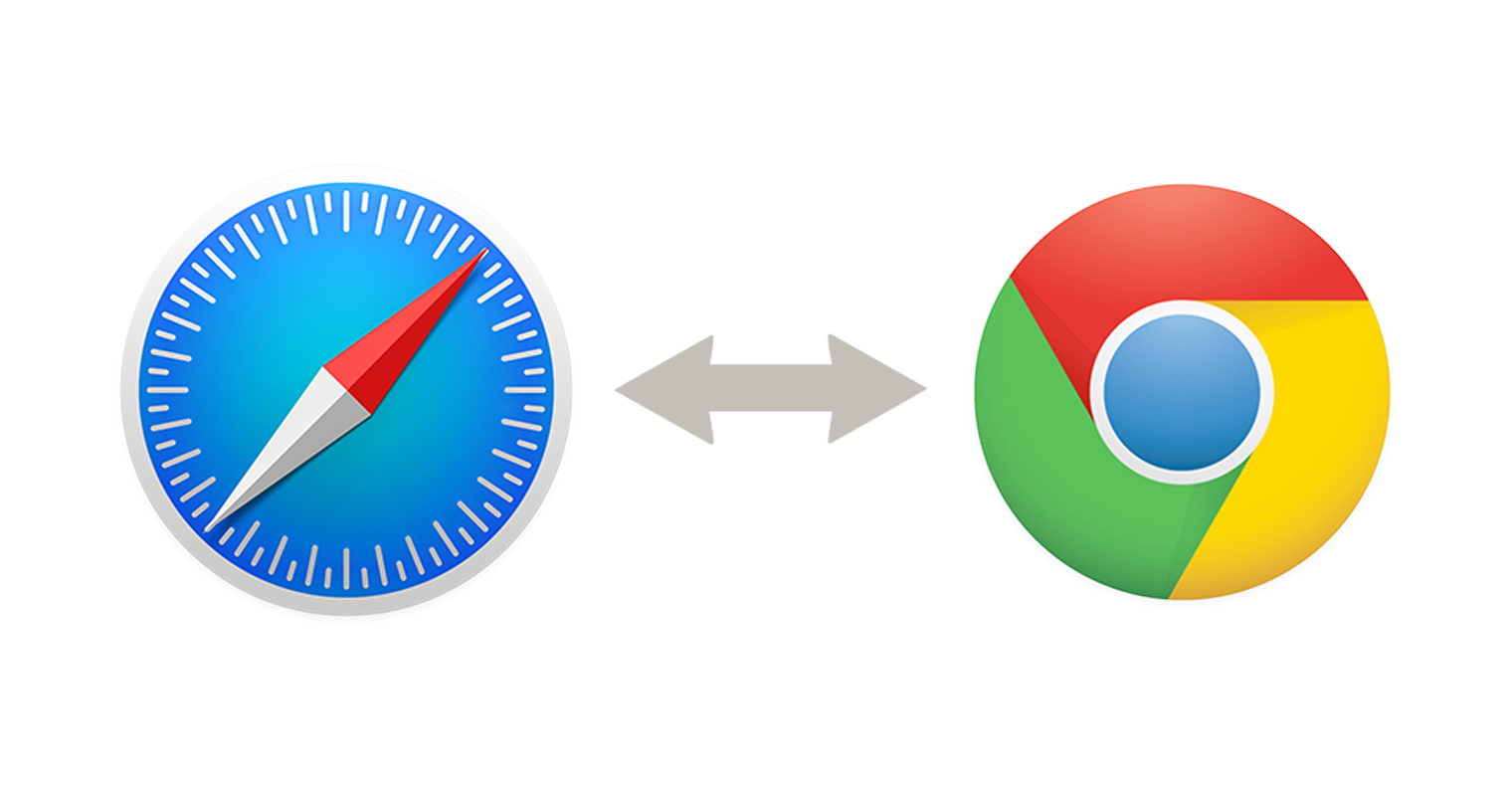Operating systems from Apple are based on overall simplicity and great optimization. Unfortunately, not all that glitters is gold, which of course also applies in this regard. The Cupertino giant often has to face rather sharp criticism for its overall closedness, which many describe as anti-competitive behavior. Although we can find a number of pluses and great benefits within apple systems, it cannot be denied that users are severely limited by the company in some respects. Whether it is the absence of sideloading, the forced use of apple services and many others.
Of course, the question is whether Apple's approach is the right one or the other way around. Apple growers are more or less satisfied with the current setup. For example, the absence of sideloading has a high impact on the overall level of security. However, we could still find one more limitation, which is rather a burden in the eyes of users. Apple forces all browsers for iOS and iPadOS to use the so-called WebKit engine. This is the so-called rendering core of the browser used for rendering Internet content.
It could be interest you

While browser developers can use any rendering engine on desktop operating systems, in the case of the mentioned iOS and iPadOS systems, they no longer have such an option. Apple has set quite strict rules - either the browser will use WebKit, or it won't be on iPhones and iPads at all. Due to the planned legislative changes of the EU, however, the giant is planning an adjustment. According to the latest information, he should completely abandon this rule and thus open his systems a little more to the world. What does this mean for developers and users?
End of mandatory use of WebKit
Before we look at the very heart of the matter, i.e. what will change when Apple stops enforcing the use of WebKit, let's quickly focus on why it introduced such a rule in the first place. As is usual for the Cupertino company in these respects, of course the most important argument was the overall level of security. According to Apple, the use of WebKit brings a much greater emphasis on the security and privacy of users, which is, after all, a fundamental pillar of Apple's modern philosophy. Although the giant is trying to defend itself, according to many experts, in this case it is really anti-competitive behavior.
Now for the important part. What will change if Apple stops forcing the use of only WebKit? In the end, it's extremely simple. This will literally free the hands of developers and significantly improve their overall capabilities. As mentioned several times, currently all browsers in iOS and iPadOS must build on the WebKit rendering engine, which is typical for native Safari. With a bit of exaggeration, we can say that there are no alternative browsers for iPhones and iPads - in practice it is still Safari, just in slightly different colors and with a different philosophy. Repealing the rule may finally bring about a change that can have a positive impact on overall web browsing speed, options, and more.

So if we really wait and Apple abandons this rule, then we definitely have something to look forward to. In addition to WebKit, there are many other engines with different options. Among the most famous are, for example, Google Blink (Chrome) or Mozilla Quantum (Firefox).


